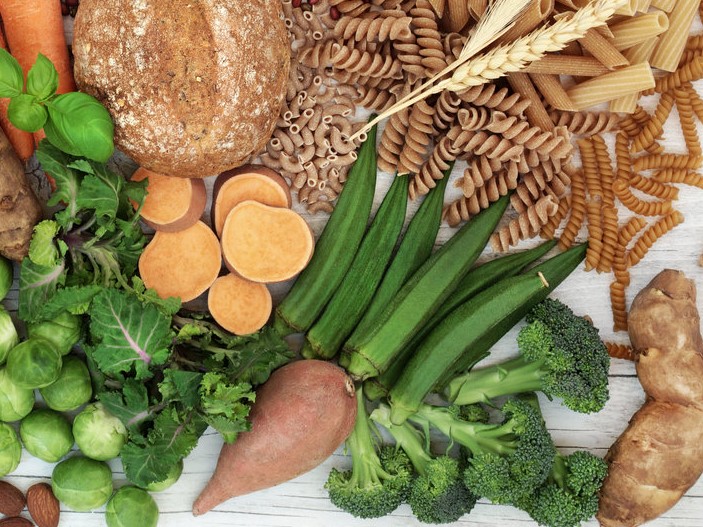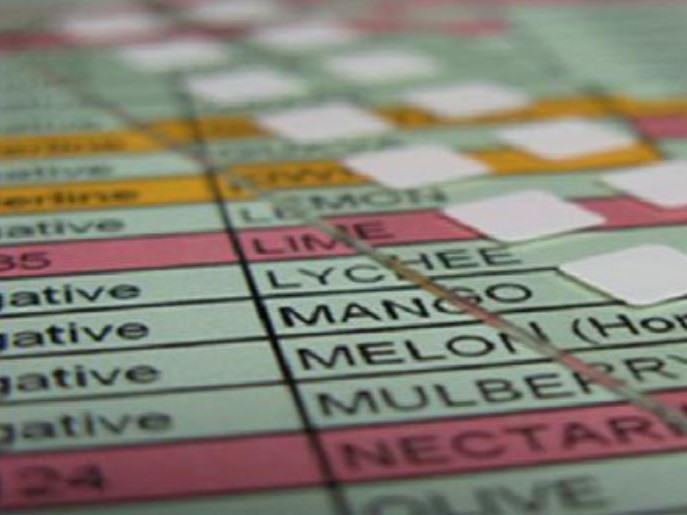Top Tips for Digestive Health
We all need good digestion so that we can take all the nutrients from the food we eat and absorb them and use them. When this isn’t working properly we can end up with a number of symptoms from heartburn to IBS symptoms , such as bloating, wind, constipation and even food intolerances, but it can also have a knock on effect on other areas of our health.
Our Digestive Health questionnaire is designed to help identify which areas of your digestive system you need support with. You will find the link to the questionnaire later in this article, and you can also book a FREE health advice check-in with me there too.
Here are some top tips to support your digestion that you can incorporate into your daily routine.

Chew, chew, chew!
Chewing starts the digestion process and makes sure food is broken down well.

Eat when you are relaxed
If we’re stressed our digestive system doesn’t work properly. The body prioritises dealing with stress over digesting our food. So either wait until you’re feeling calmer or choose easily digested food such as soup, yoghurt, porridge.

Slow down while eating!
Slowing down between bites allows the body to release its own digestive enzymes to break down the food further. It also gives time for the signal to reach your brain to say you are full!

Eat bitter foods
....such as rocket, endive, chicory at the start of a meal, to stimulate digestive enzymes. Or eat pineapple with a meal, which naturally contain digestive enzymes.

Add raw apple cider vinegar or lemon juice
....to a salad to stimulate the production of digestive enzymes. Or add 1- 4 teaspoons of raw apple cider vinegar to a little water before a meal, to support stomach acid levels.

Include some raw vegetables
Raw vegetables are a source of digestive enzymes and fibre.

Avoid fruit after a large meal
Fruit may ferment, creating gas and bloating.

Ensure plenty of fibre
Fibre, such as oats, lentils, nuts, seeds, brown rice, vegetables, fruit with the skin on, will support bowel movements.

Include fermented food and drinks
Fermented foods such as sauerkraut and kimchi, and drinks such as kefir provide beneficial bacteria and fibre - supports the whole digestive system.

Don't eat late
The digestive system starts to ‘switch off’ later in the evening. Aim to eat around 6-7pm if possible. Keep to small, light meals or snacks if you are planning to eat late. Allow about 12 hours (or more) for overnight fasting.

Drink plenty of water (but not with your meals)
Water can dilute digestive juices, a little is ok but not lots. Avoid drinking a lot about 30 minutes before a meal and 60 minutes after.

Don't graze
Our digestive system works better when given about 4 hours between meals.

Consider food intolerances
Try eliminating a problem food for a month then re-introduce it to see. Gluten and Dairy are the most common. If you prefer you can do a food intolerance test, click the picture to find out more.

Some foods can be hard to digest
Consider doing the following to help....soak your oats overnight (in water or milk), add a strip of kombu to beans when cooking them and rinse canned beans well, sprout pulses – eg chickpeas, mung beans – using sprouting kit or buy ready sprouted.
Want to talk about your digestive health and how you can support it?
You can book your check-in using the form below, or take our Digestive Health questionnaire by clicking here.

